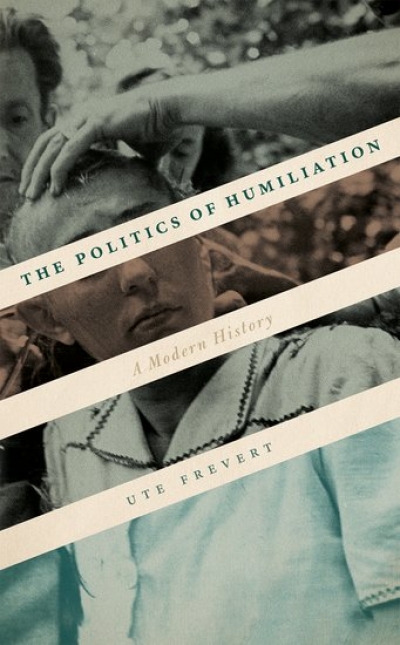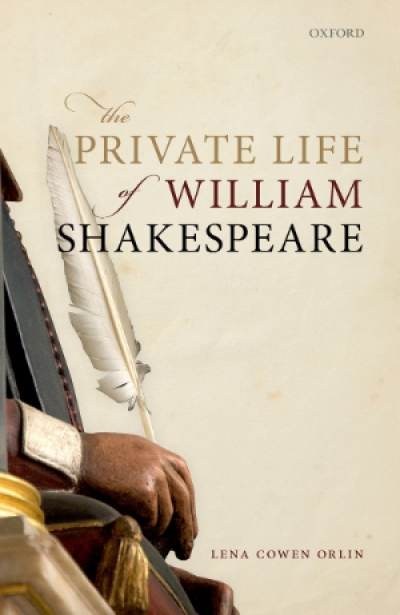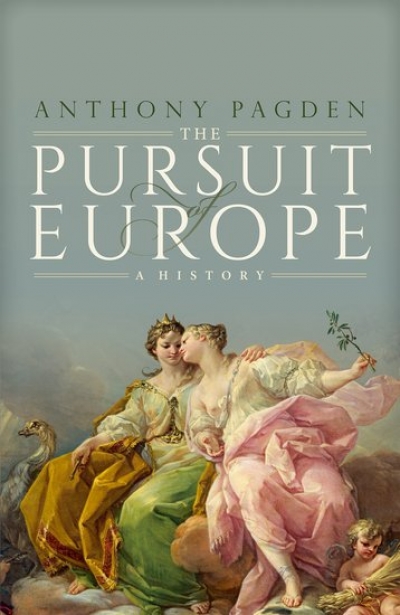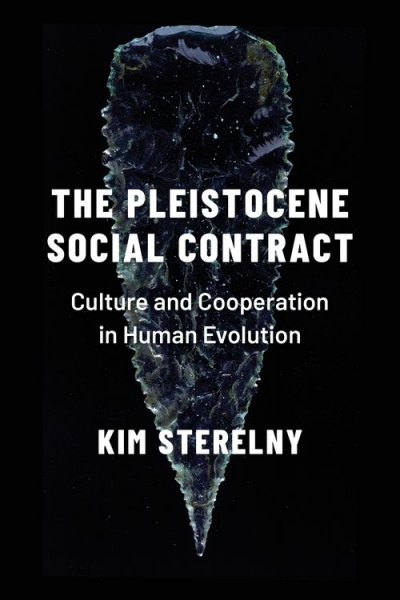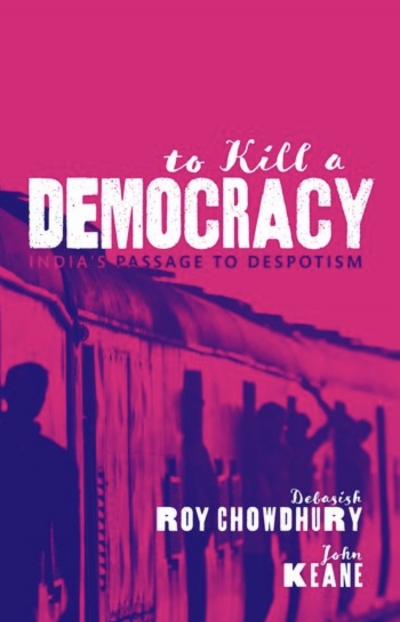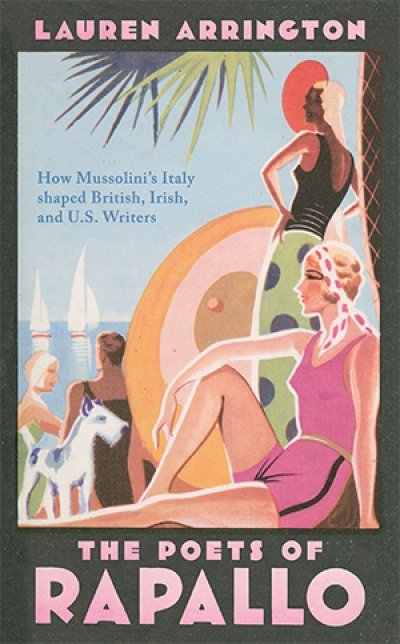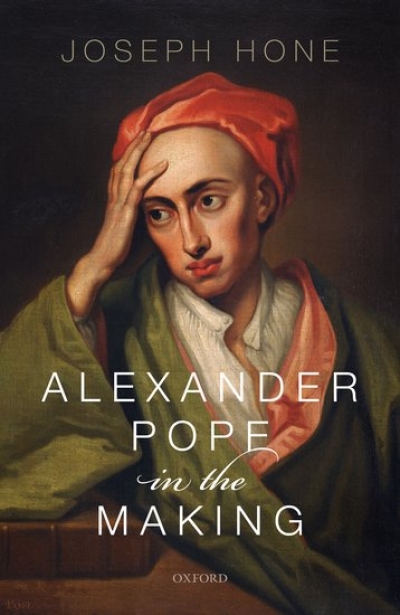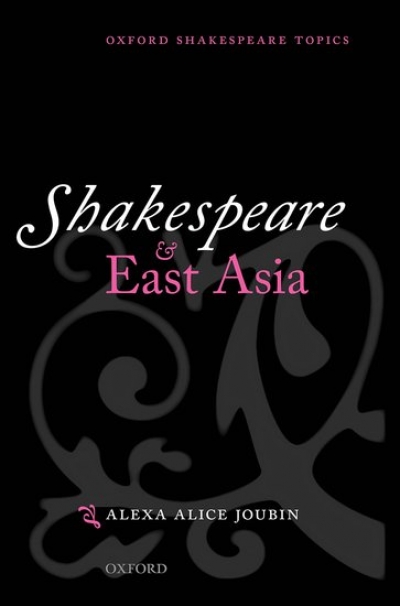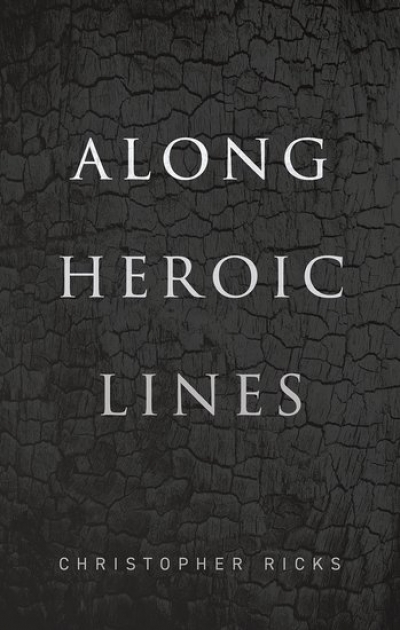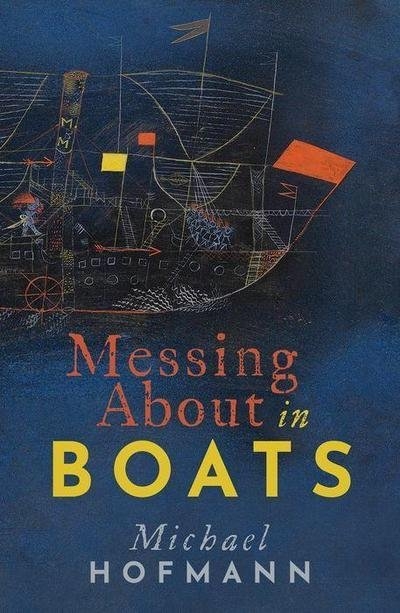Oxford University Press
The Pleistocene Social Contract: Culture and cooperation in human evolution by Kim Sterelny
by Janna Thompson •
To Kill a Democracy: India’s passage to despotism by Debasish Roy Chowdhury and John Keane
by Ian Hall •
The Poets of Rapallo: How Mussolini’s Italy shaped British, Irish, and US writers by Lauren Arrington
by Sean Pryor •

